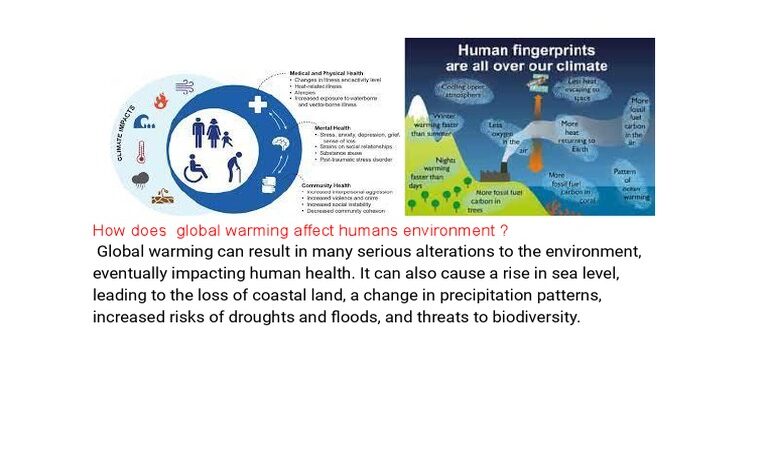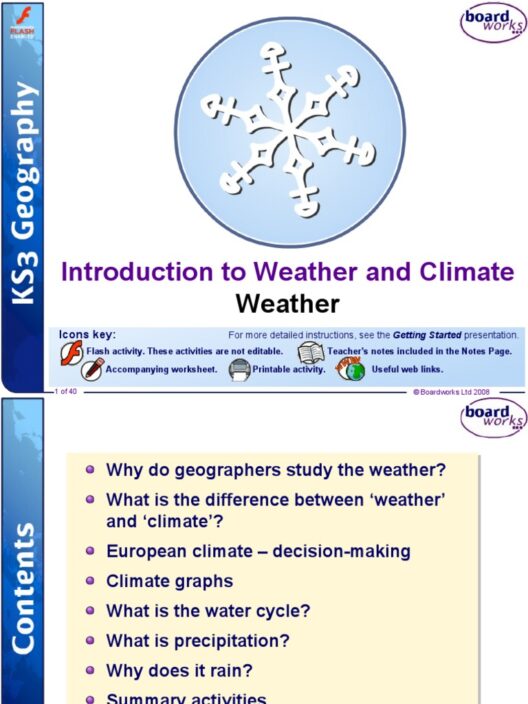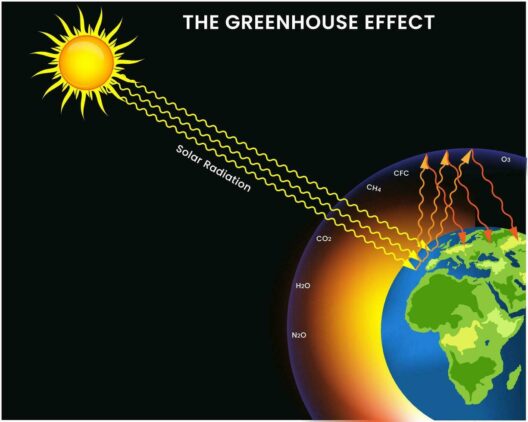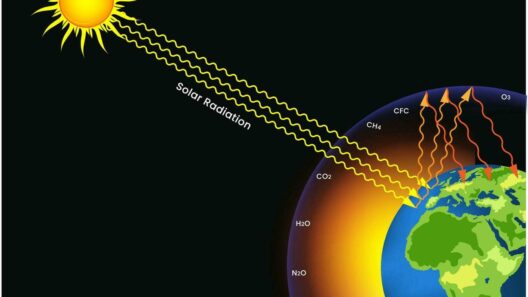Global warming is often likened to a slow-motion catastrophe, a manifestation of our collective decisions writ large upon the canvas of our planet. Just as the fabled hydra grows more heads when one is severed, the multitude of choices made by individuals across the globe contribute to an ever-accelerating climate crisis. Each person’s daily habits, both consciously and subconsciously, intertwine to create a tapestry of environmental impact that can either contribute to destruction or foster regeneration. Understanding how people play a role in global warming requires diving into the intricate web of human behavior, from the mundane to the monumental.
At the most immediate level, individual habits shape our ecological footprint. The act of driving a vehicle, for instance, is akin to breathing clouds of carbon dioxide into the atmosphere. Each mile traveled represents not just a journey, but also a contribution to global warming through greenhouse gas emissions. The choice of a gasoline-powered car versus a more sustainable option can drastically alter this narrative. Opting for public transportation or carpooling is not merely a convenience; it’s an opportunity to reduce one’s carbon output, acting as a single drop in a vast ocean of possibilities for change.
Yet, it is not solely transportation habits that bear scrutiny—the everyday consumption of commodities plays a pivotal role as well. An insatiable appetite for convenience leads many to favor disposable goods over sustainable ones. Imagine a world where plastic is used once and tossed aside, equivalent to a fleeting thought that never blossoms into action. This pervasive mindset contributes significantly to waste accumulation and the degradation of ecosystems. Each plastic bottle casts a long shadow, illustrating how the allure of convenience often obscures environmental repercussions.
The agricultural practices that accompany our dietary choices also weave profoundly into the fabric of global warming. The modern-day omnivore’s diet, heavily reliant on meat consumption, feeds into a cycle of deforestation and methane production reminiscent of a furnace stoked with flames. Livestock farming is one of the largest sources of greenhouse gases, urging a reconsideration of what sustains us. Transitioning to plant-based diets or supporting local, sustainable agriculture not only diminishes individual carbon footprints, but it also fosters healthier ecosystems. Eating in harmony with the Earth echoes an ancient wisdom—one that recognizes the interdependence of all life forms.
Moreover, the very energy we consume daily acts as a fulcrum of influence in the climate equation. The insatiable thirst for electrical power, driven by ever-evolving technology and endless screens, draws upon fossil fuels much like a leaky faucet that refuses to be turned off. Residential energy consumption can be likened to the pulsating heartbeat of society—each kilowatt an essential pulse that can either invigorate or poison the planet. Advocating for energy-efficient appliances and renewable energy sources is essential; solar panels and wind turbines represent the potential to harness nature’s gifts, transforming our energy consumption from a burden into an asset.
Communities play a significant role as well. Local initiatives and grassroots movements are like the gentle ripples that expand into a larger wave of change. When people unite for a common cause, their collective power can amplify action against climate change. Imagine neighborhood clean-up campaigns or tree-planting drives; each sapling grows into a sentinel of resilience, and each participant contributes to a larger ecological symphony. Education and advocacy within communities empower individuals to adopt more sustainable lifestyles, turning apathy into action.
The impact of technology cannot be overlooked in this intricate ballet. While certain innovations exacerbate problems, many also offer transformative solutions. From the advent of electric vehicles to carbon capture technology, industry pioneers are redefining our relationship with energy and emissions. Yet, the proliferation of technology also has consequences that must be managed. The production of devices often relies on unsustainable practices, creating a paradox of advancement and environmental degradation. Critical scrutiny of technological advancements is paramount to ensure that progress does not come at the cost of our planet’s health.
Government policies and corporate practices serve as the overarching framework influencing individual actions. Legislation aimed at climate action can be viewed as the scaffolding that supports the edifice of sustainability. When policy makers implement regulations to reduce emissions or incentivize renewable energy, they are laying the groundwork for collective individual action. Conversely, when corporations prioritize profit over responsibility, promoting unsustainable practices, they sow seeds of despair. Public pressure may catalyze change, pushing companies towards greener practices, demonstrating how consumer choices wield substantial power.
The intersection of socio-economic factors presents a profound insight into global warming. Often, vulnerable communities bear the brunt of climate-related disasters, despite contributing the least to the problem. This disparity highlights the need for global solidarity in combating climate change; it is not merely an individual or national struggle but a planetary imperative. To envision a future where global warming is mitigated requires a collective approach, bridging divides and cultivating compassion in the face of adversity.
The landscape of global warming is a composite of individual choices, systemic influences, and community efforts. Each action—whether seemingly trivial or profoundly significant—shapes the trajectory of our planet. As stewards of the Earth, we must endeavor to weave our daily habits into a narrative of resilience rather than regret. Embracing sustainable practices can transform mundane actions into profound statements of intent. In the face of a warming world, the power of individual responsibility becomes a vital catalyst for change. Through enlightenment and engagement, the tide can be turned, steering humanity back towards a sustainable future.








